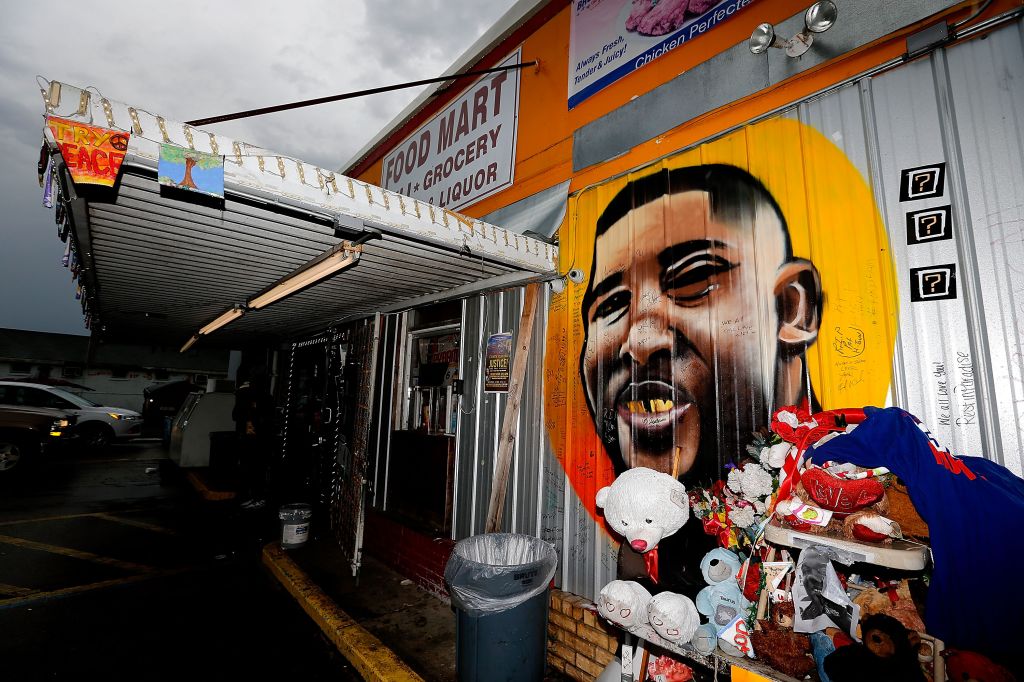
Source: Sean Gardner / Getty
It’s been just over three years since Alton Sterling was gunned down by the Baton Rouge Police Department (BRPD), and the pain continues for members of the North Baton Rouge community and the Black community around the nation.
Last week, BRPD Police Chief Murphy Paul apologized to the city for the shooting that led to Sterling’s death and the mistrust between the citizens and the police force that has built up over the years. The apology doesn’t change the past, but it does help in continuing the healing process.
“Baton Rouge, we’re sorry,” said Paul in a press conference. “The actions and the character of Salamoni do not reflect how BRPD operates as an organization. We are a department committed to healing and to safety.”
Sterling’s death was one of many that made national headlines in 2016 as Black men and women across the country were gunned down by those who were sworn in to serve and protect the very men and women they killed. Much like the overwhelming majority of the other cases across the country, the Department of Justice did not file criminal charges against the officers responsible for Sterling’s death.
“It took three years for the Alton Sterling family to hear somebody to say, ‘I’m sorry.’ An apology goes a long way,” said Rep. C. Denise Marcelle, a Democrat who represents north Baton Rouge. “I was not expecting the apology, but I welcomed it; the community has embraced it.”
As much as the apology was needed for some, there were others who felt that the apology was unnecessary and thought Paul was out of line for speaking out against former members of the force.
“We are both angered and saddened with the character assassination of Blane Salamoni, previous administrations, as well as past and present members of the Baton Rouge Police Department,” police union attorney Tommy Dewey wrote in a statement on behalf of the organization.
Paul’s message feels like a great first step in repairing the trust between a community and the police force it is afraid of, but there is still a lot of work to do in building a relationship between Black communities and the police that patrol them — not just in Baton Rouge, but around the country.
















